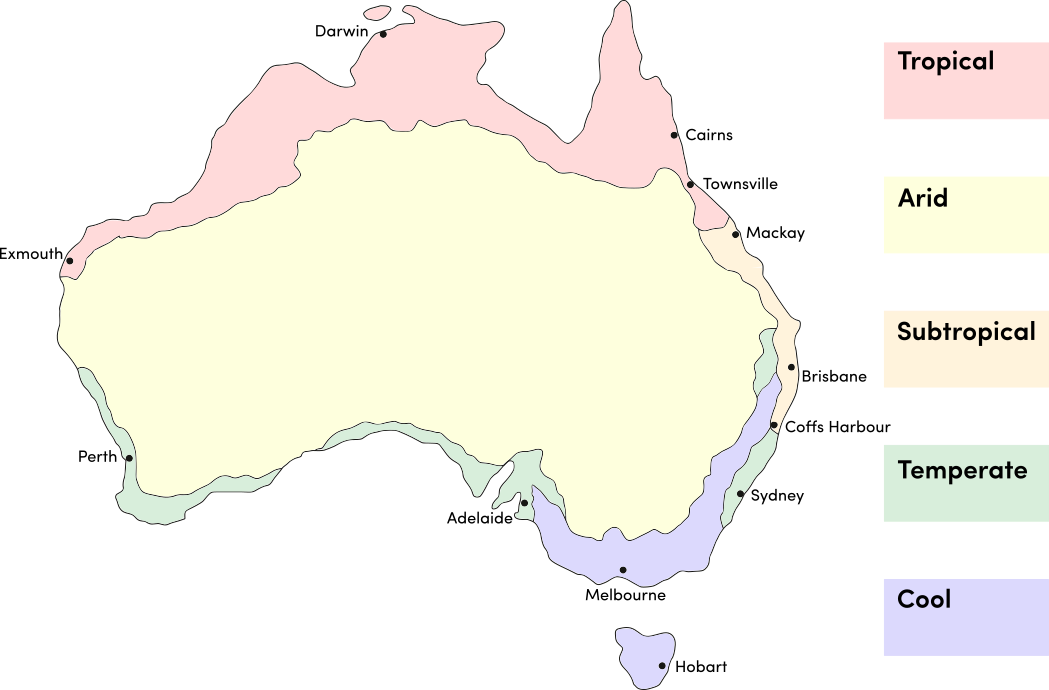If all goes well, the endpoint of a season's gardening is an array of beautiful blooms, succulent vegetables, and vibrant, tasty herbs. But to achieve this ideal, the starting point is vitally important. Should you sow your plants from seed, or buy ready-grown seedlings? There are pros and cons to both options, but most gardeners eventually graduate towards raising from seed. Here are the main reasons why.
Huge Variety
Growing your plants from seed opens up a vast world of possibilities. The young plants stocked by a typical garden centre are chosen mainly for popularity, shelf life, and profitability. There are no such restrictions on varieties when shopping for seed. Whether you want to grow an heirloom vegetable or an obscure award-winning bloom, with seeds you have many more options open to you.
Green Issues
This increased choice also means you have more control over environmental issues. If green gardening is important to you, you can raise your seeds without pesticides, artificial fertilisers, weed killers, and other potential nasties.
Healthier Plants with a History
Although a reputable stockist should only sell good-quality, healthy plants, the fact remains that when you buy a seedling you don't know its full history. You can't be sure what conditions it's been raised in, which diseases it may have been exposed to along the way, and how long it's been sitting in its container under artificial lighting. Growing from seed puts you in control every step of the way.
What's more, if the plants are destined to mature in open soil, direct sowing of the seeds avoids the disruption and potential root damage of transplanting. This is especially true later in the season, when seedlings may have been sitting on the shelves a little too long, developing pot-bound root systems which will hate being disturbed.
Cost Savings
Most seeds are remarkably inexpensive. For a dollar or two, a packet can contain dozens or even hundreds of seeds, each with the potential of becoming a fully mature plant. Compare this with the price of individual seedlings, and growing from seed is the clear winner in terms of value: the only major investment is your time.
Extra Sowing as Insurance
This lower cost also gives your growing efforts some insurance. You can afford to sow more seeds than you need, so that if some plants fail, you've got plenty in reserve. This insurance strategy would work out wastefully expensive using ready-grown seedlings.
Local Conditions
The types of plant you can grow, and the success of your efforts, will depend on your local climate and conditions. When you buy young plants, you can't be sure of the environment they've been grown in, and moving them to your own garden can shock them into stunted growth or worse. In contrast, plants you've grown from seed are well accustomed to their locality from germination onwards, and can mature without interruption.
Successional Sowing
Ready-grown seedlings of a particular variety tend to arrive in bulk at your local stockist, and they're usually all at the same stage of growth. This means they'll all flower or crop at the same time. If you grow from seed, you can sow successionally so that you've got seedlings at a wider range of development stages, giving you plants at peak condition throughout the season.
The Social Aspect
Growing from seed can be a surprisingly social activity. If you know other gardening enthusiasts in your area, swapping spare seeds (and war stories) can bring you together with like-minded people. Not only will this increase your enjoyment, but the exchange of ideas will boost your expertise and growing success.
An Enjoyable Challenge
Lastly, growing from seed presents an enjoyable and engrossing challenge, with success bringing great satisfaction. Raising healthy plants from seed really makes you feel you've earned your status as a gardener, and it can provide a lifetime's worth of interest and learning.
All this makes a powerful case for starting your plants off from seed. But it's only fair to point out that going down this route also has a few downsides.
Seeds Take More Expertise
There's no denying that raising plants from seed takes a little more skill and expertise than simply buying a seedling. Especially for beginners, there's plenty that can go wrong in those vulnerable first few weeks, and you're not guaranteed to raise a healthy, vigorous plant - or indeed, any viable plant at all.
However, it's not as difficult as many people assume, and success will arrive rapidly with experience.
More Attention Required
Also, young seedlings need attention if they're going to thrive. For example, whereas older plants are sturdy enough to survive their compost drying out for a few hours, this can be deadly in short order for tender seedlings. With seeds, you need to make sure you have the spare time to properly look after them.
Seeds Take Longer
Lastly, any young plants you buy will have been grown in professional nurseries and are usually further ahead in growth than seeds you sow yourself. If your growing season is short, buying ready-grown seedlings can give you a head start.
In reality, these are minor problems which only add to the gardening adventure. And what's more, buying seeds is inexpensive enough that you can easily afford a few mistakes along the way.
The simple fact is, growing your own plants from seed is highly rewarding, and it's a natural step to take for an enthusiastic gardener. Watching a seed transform into a mature plant, and knowing you've been guiding it all the way through the process, is one of the most satisfying things a gardener can experience.







